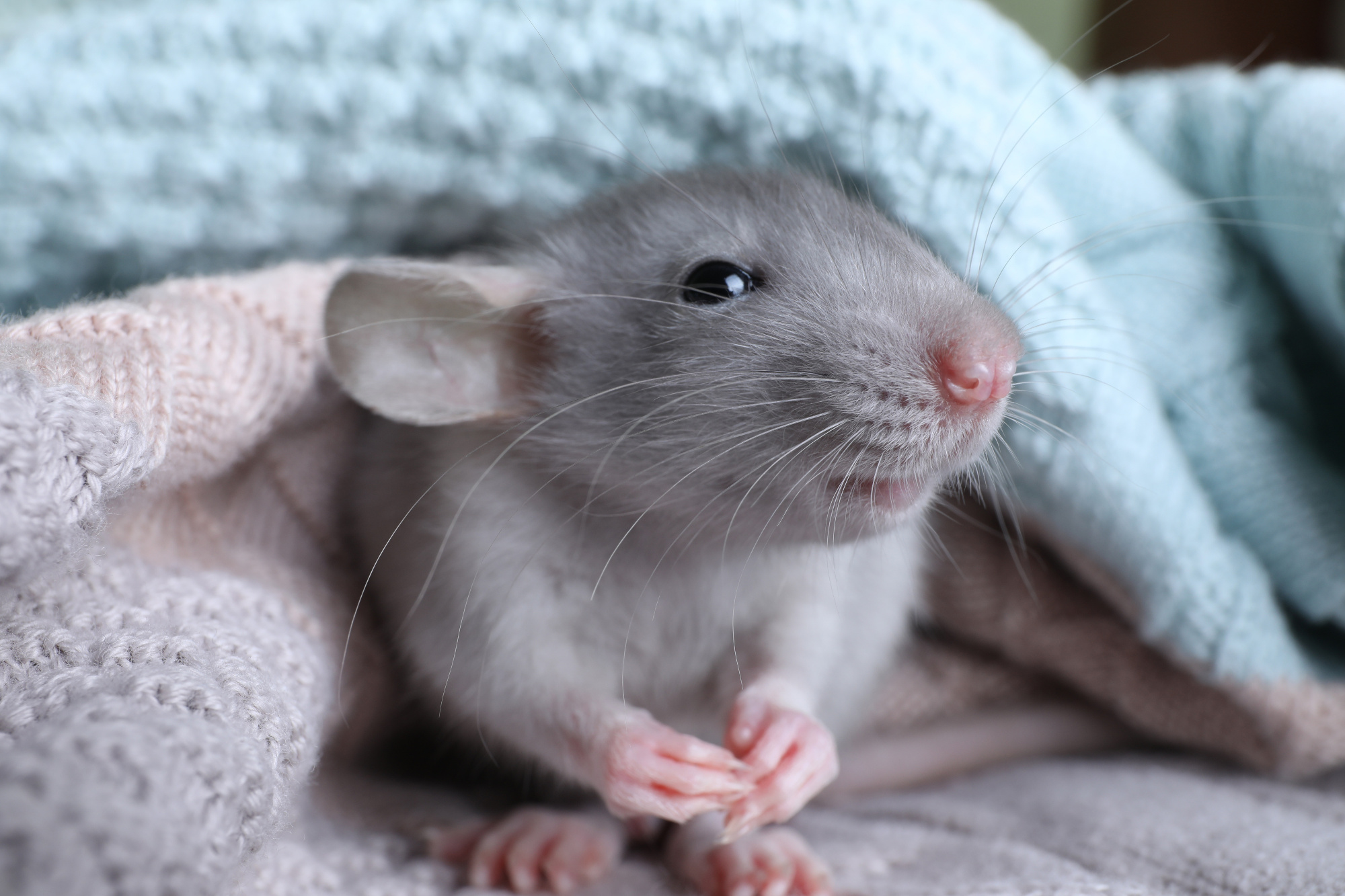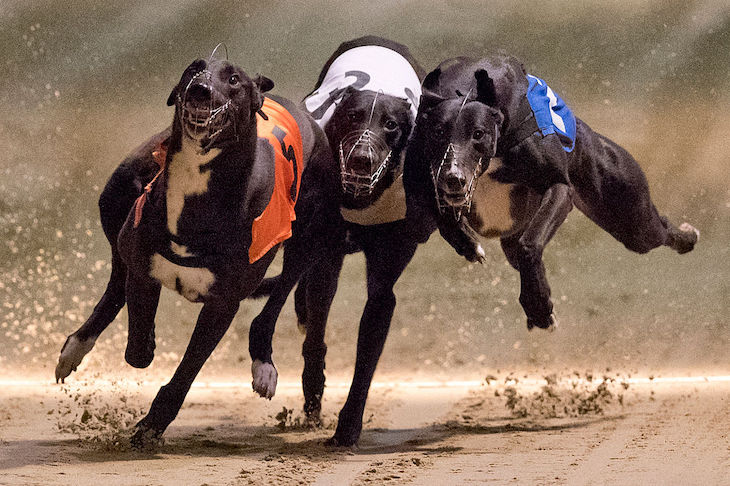Animal rights campaigners are up in arms because Disney+ is able to use a legal loophole to broadcast a scene of a rat being forcibly immersed in liquid. The RSPCA has slammed Disney for showing a controversial scene from the 1989 thriller The Abyss where a live rat is deliberately submerged in fluorocarbon liquid. The rat is seen struggling during the scene and the charity said the experience was clearly one of ‘terror’ for the poor little rodent, although the filmmakers insist it survived.
The scene had previously been cut from all UK screenings by the British Board of Film Classification, which ruled that it breached animal cruelty laws and must be removed from all cinema releases, DVDs and traditional TV broadcasts. But streaming platforms such as Disney+ aren’t covered by the same rules, so they’re not technically breaching any codes by including the rat scene.
I think that if we want to reduce animal cruelty we need to see more of it on our screens, not less of it
As a self-confessed preachy vegan who’s written for this very publication in defence of rats, you might expect me to be angry about this too, but I’m really not.
It’s easy (and very fashionable) to shout ‘ban it’ at anything that upsets us but that’s not always the best way to stop those things from happening. So I’m delighted that Disney+ is including this scene because I think that if we want to reduce animal cruelty we need to see more of it on our screens, not less of it.
Think about how we usually see animals’ lives. When we watch nature documentaries we see animals roaming freely in their stunning natural habitat. When we go to our local park we see dog owners lovingly giving their pets some exercise and birds fluttering between trees. Drive up and down any motorway and you’ll see sheep and cows grazing in spacious fields.
These animals’ lives seem simple and free, so it can be easy to wonder what animal rights folk are so upset about. But the truth about our relationship with animals is quite terrifying. Some 92 billion land animals are killed for their meat each year and a huge majority of them spent their shortened lives not in fields but in cramped factory farms. Around 150 million animals are used in laboratory tests each year, after being specifically bred for research or captured from their native habitats. Countless animals still suffer in circuses, on horse racing tracks, and in bullrings.
Look, I know vegans can be judgemental and preachy but this is usually because we’ve looked at the truth of farms and slaughterhouses. We’ve watched the videos, seen the blood flow and heard the screams. We haven’t just thought ‘well, of course I’m against cruelty to animals but I’m sure they’re treated nicely’ and then continued to eat meat. We’ve got real, looked at what actually happens and made a moral decision.
In my case, I’ve written about animal cruelty for the past nine years and I’ll never come back from the things I’ve seen during my research, particularly on dairy farms and vivisection laboratories. I’ll never quite be the person I was before I saw all that. But I’m not the victim, the animals are, and I think the human race has to be confronted with how cruel we are to animals, rather than have the truth hidden from us.
When horses are shot dead on a racecourse, don’t cover them with tarpaulin first. Show the punters what really happens. Don’t market meat, eggs and milk with misleading, pastoral scenes. Show male chicks being pushed into grinders, dairy cows screaming as their babies are snatched from them and the pigs being killed in gas chambers. Then let people decide if they want to continue funding all this.
Yes, there is the danger that the rat scene in The Abyss might encourage a few copycats here and there but I think a greater danger is that everyone walks around in a trance, seeing zebras living their best lives on TV, and sheep enjoying the sunshine in green fields, and never realise that for billions of animals each year, life is a stunted, industrial hell, ending with screams and panic.








Comments